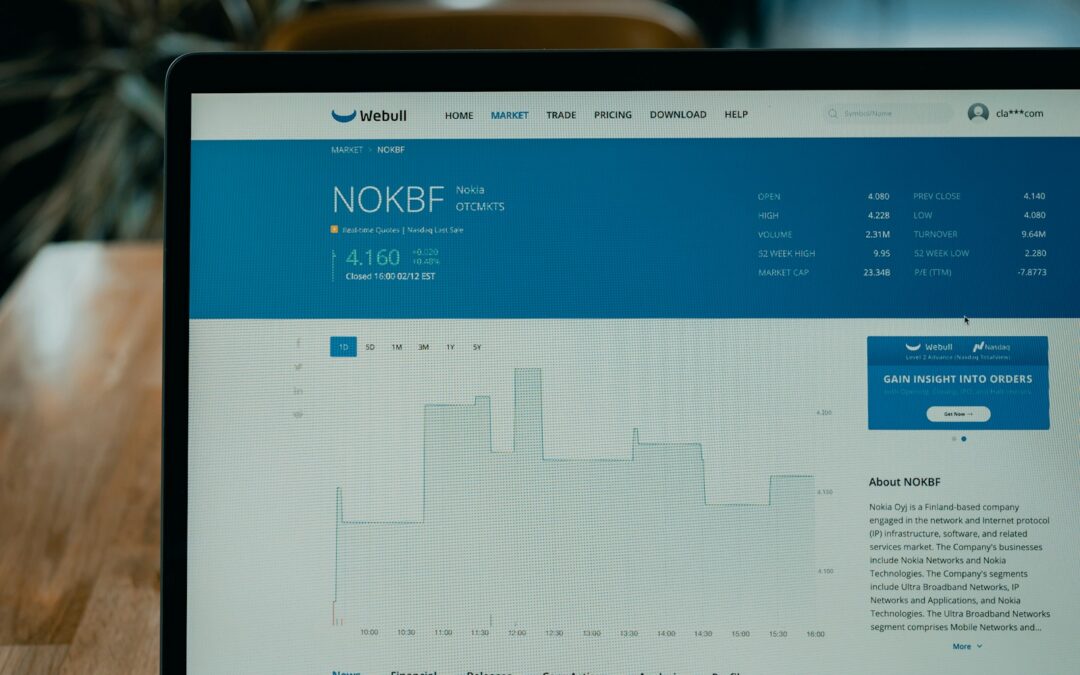Exploring the Role of ERP Systems in Compliance Management for Swiss Businesses
Introduction to ERP Systems for Compliance Management
ERP systems for compliance management in Swiss companies provide a comprehensive solution to streamline operations, ensuring adherence to the stringent regulatory requirements often encountered in highly regulated sectors such as finance, healthcare, and pharmaceuticals. These systems are designed to integrate various business processes into a unified platform, enabling Swiss businesses to maintain accurate records, generate timely reports, and enhance overall governance. The focus on compliance management is especially crucial in Switzerland, where regulatory landscapes are complex and constantly evolving. By leveraging ERP systems, companies can mitigate risks, reduce the potential for errors, and ensure that all operations are conducted within the bounds of legal frameworks.
Implementing ERP systems not only helps in managing compliance but also improves the efficiency of business operations. Swiss companies that utilize these systems benefit from real-time data insights, which allow for more informed decision-making and proactive management of compliance risks. The ability to automate compliance-related tasks, such as monitoring changes in regulations and updating internal processes accordingly, provides businesses with a significant competitive edge. This approach not only reduces the administrative burden on staff but also ensures that compliance is embedded into the company’s operational DNA, making it easier to maintain a consistent standard of governance across all business units.
Moreover, ERP systems enable Swiss companies to stay agile in a rapidly changing regulatory environment. With built-in tools for risk management and compliance tracking, businesses can quickly adapt to new regulations without overhauling their entire operational structure. This agility is particularly beneficial for industries where compliance requirements can shift abruptly, as it allows companies to pivot their strategies without losing momentum. In a market as competitive as Switzerland’s, this capability can be a game-changer for maintaining business continuity and protecting the company’s reputation.
Enhancing Data Integrity and Security Through ERP Systems
One of the critical advantages of ERP systems for compliance management in Swiss companies is the enhancement of data integrity and security. In highly regulated sectors, maintaining the accuracy and security of data is not just a compliance requirement but also a business imperative. ERP systems provide robust data management capabilities, ensuring that all information is stored securely and accessed only by authorized personnel. This level of control is crucial for Swiss companies that need to comply with stringent data protection regulations, such as the General Data Protection Regulation (GDPR) and industry-specific standards.
By centralizing data management, ERP systems help Swiss businesses eliminate data silos and reduce the risk of inconsistent or outdated information being used in compliance processes. This centralization also facilitates comprehensive auditing and reporting, which are essential components of regulatory compliance. Companies can generate detailed reports that demonstrate their adherence to regulatory requirements, providing stakeholders and regulatory bodies with the assurance that compliance is being managed effectively. This transparency is particularly valuable in highly regulated sectors, where any lapse in compliance can result in significant penalties and damage to the company’s reputation.
In addition to enhancing data security and integrity, ERP systems offer advanced features such as real-time monitoring and alerts for compliance breaches. These features allow Swiss companies to address compliance issues proactively before they escalate into more significant problems. For instance, if a new regulation is introduced that affects the company’s operations, the ERP system can alert relevant departments and ensure that the necessary adjustments are made promptly. This proactive approach not only keeps the company compliant but also demonstrates a commitment to regulatory excellence, which can enhance the company’s standing with customers, partners, and regulators.
Improving Efficiency and Reducing Costs with ERP Systems
The implementation of ERP systems for compliance management in Swiss companies also leads to significant efficiency improvements and cost reductions. By automating routine compliance tasks, such as documentation, reporting, and monitoring, businesses can free up valuable resources and redirect them towards more strategic initiatives. This automation reduces the likelihood of human error, which is a common source of compliance breaches in manual processes. For Swiss companies operating in highly regulated sectors, minimizing these errors is critical to maintaining compliance and avoiding costly fines or legal actions.
Furthermore, ERP systems streamline compliance workflows, making it easier for Swiss companies to adhere to regulatory requirements without overburdening their employees. For example, the systems can automatically update compliance checklists and generate notifications for upcoming compliance deadlines, ensuring that all necessary actions are taken in a timely manner. This level of automation not only reduces the administrative burden on staff but also enhances overall operational efficiency, allowing the company to maintain a high standard of compliance with less effort.
Cost reduction is another significant benefit of using ERP systems for compliance management. By consolidating compliance processes into a single platform, Swiss companies can reduce the need for multiple compliance tools and systems, thereby lowering software and maintenance costs. Additionally, the improved accuracy and efficiency of compliance processes can lead to fewer compliance-related penalties and a reduction in the resources required to manage compliance issues. In a highly competitive market like Switzerland, these cost savings can provide companies with a valuable advantage, enabling them to invest more in growth and innovation.
Conclusion
ERP systems for compliance management in Swiss companies offer numerous benefits, from enhancing data integrity and security to improving efficiency and reducing costs. By integrating compliance processes into a single, unified platform, these systems help Swiss businesses navigate the complexities of regulatory requirements with greater ease and confidence. For companies operating in highly regulated sectors, the adoption of ERP systems can be a strategic move that not only ensures compliance but also drives business success. As the regulatory landscape continues to evolve, Swiss companies that leverage the power of ERP systems will be well-positioned to maintain compliance and achieve sustainable growth.
—
#ERPsystems #ComplianceManagement #SwissBusiness #RegulatoryCompliance #BusinessEfficiency #Switzerland #DigitalTransformation










